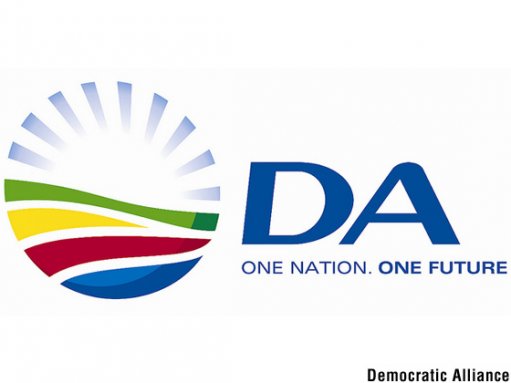
Dear President Zuma,
Both at the release of the 20 Year Review earlier this week, and in your public remarks at a campaign event yesterday, you claimed to have increased employment during the course of the last five years.
The lived experience of most South Africans and the statistics tell a different story.
I would like to challenge you to join me in a nationally televised presidential debate on the state of our country and our economy, particularly jobs, at a time and place of your choosing.
Since you took office, unemployment has grown from 30.4% to 34% and, using the narrow definition which excludes discouraged job seekers, from 23% to 24.1%
Today there are 1.4 million more South Africans unemployed than the day you became President. This means, Mr President, that more than one out of every three South Africans is unemployed.
These facts stand in stark contrast to the statements you have made on your administration’s record of job creation and economic management.
I believe very firmly that we should have an opportunity to openly debate these issues together, and to answer questions from the public directly.
Every South African will make a decision in this election between political parties that offer different track records on job creation, corruption and leadership. I trust you share my hope that voters make this decision in the most informed way possible – that they weigh up the track records of the parties and their leaders, and vote for that party which offers the best prospect of positive change and a credible plan for real job creation.
A televised debate would strengthen our democracy and public discourse. In real time, a live audience would be able to cross examine us both about how we would create the right conditions for economic growth and job creation. Live presidential candidate debates are becoming commonplace across Africa.
Ghana held the first in a series of debates in October 2012 in the build up to their national election. In the same year, Sierra Leone held its first televised presidential debate. Kenya also held its first presidential debate in 2012. Millions of Kenyans watched and listened to the live debate, broadcast on 42 local radio and TV stations, as well as YouTube.
You will be particularly interested to know that the Malawi Electoral Commission (MEC) has announced that presidential candidates in the country's 2014 elections will, for the first time, face each other in three national televised debates.
I am sure that you will agree that South African voters should not be denied the opportunity of interrogating our party’s policy positions.
Sincerely,
Helen Zille